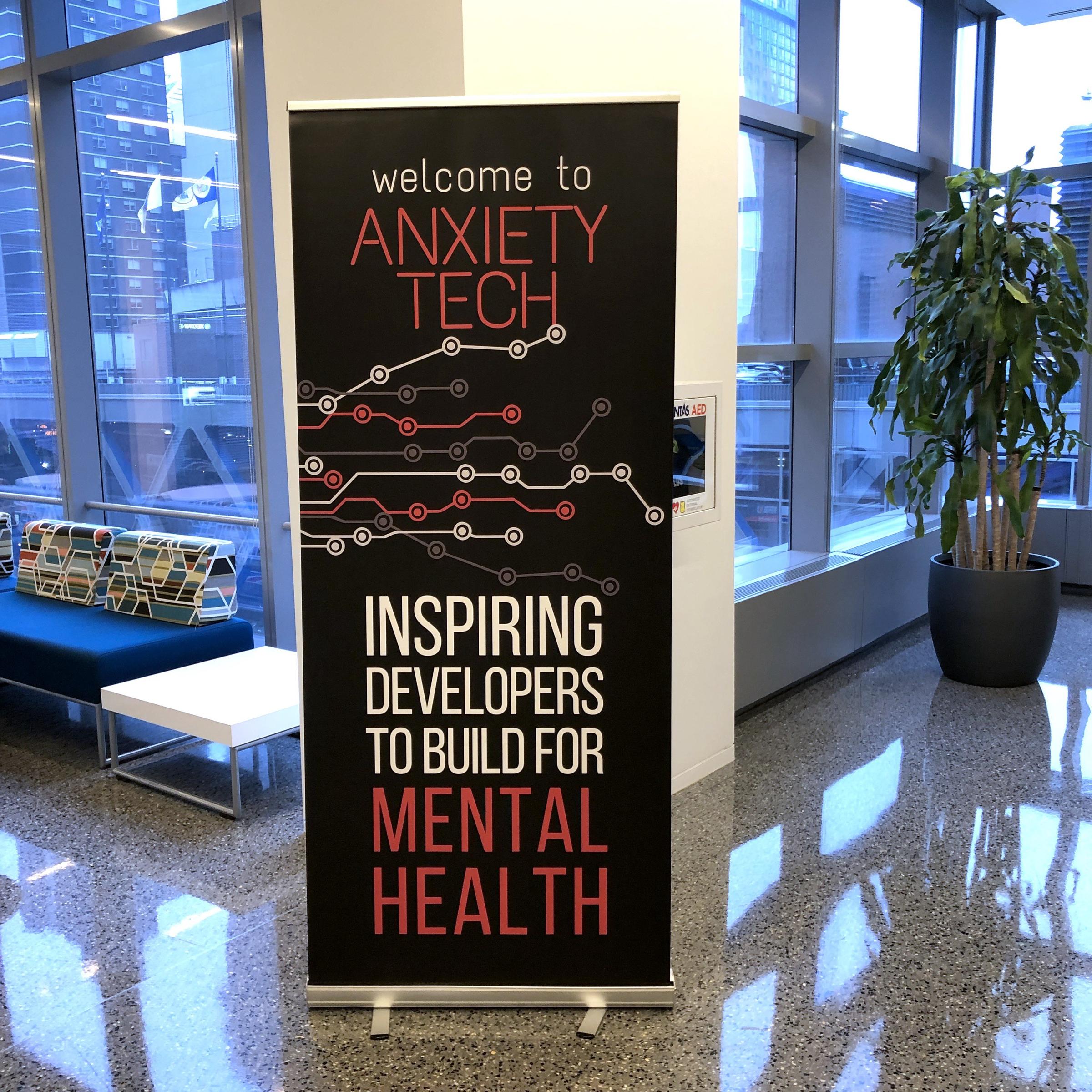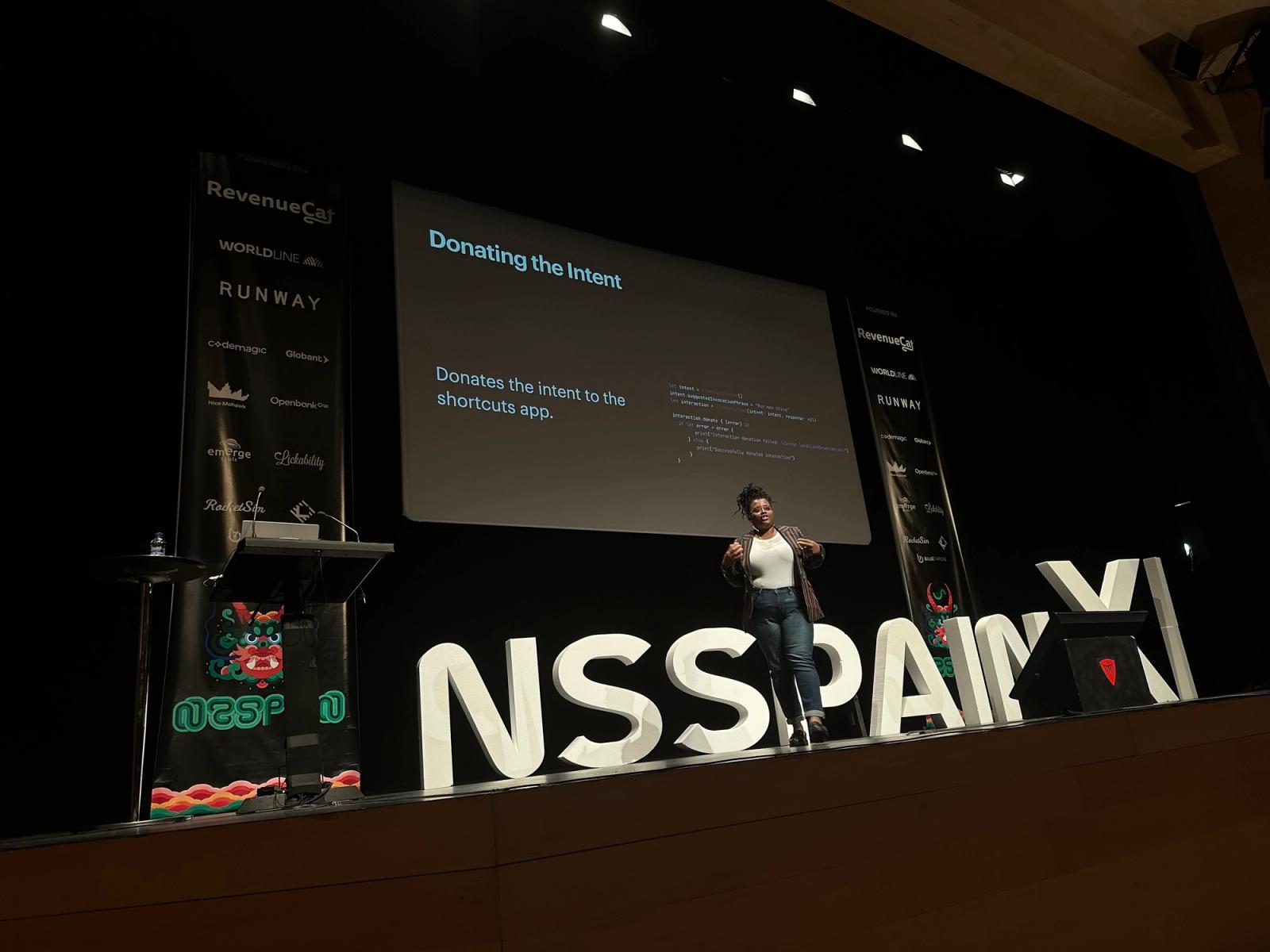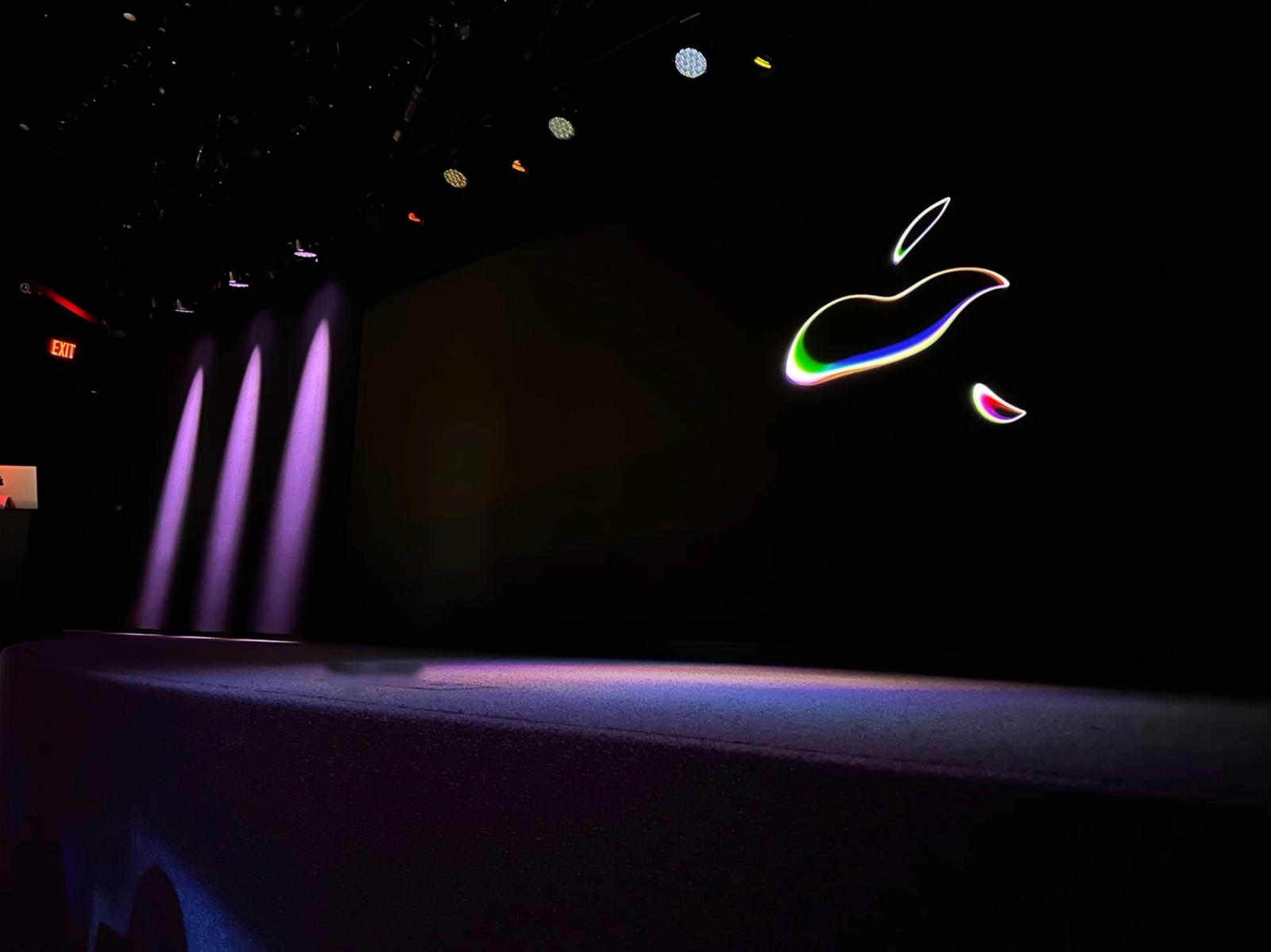Conference Condensed: AnxietyTech
Let's talk about mental health

A few weeks ago, we had the pleasure of checking out AnxietyTech, an NYC conference that explores mental health and self care in the tech industry. We had a great time and learned a lot, and it’s definitely on our list of favorite tech conferences to attend. Here are a few of our favorite talks from the day:
🧠 How To Hack Our Brains Into Better Health
Dr. Jud. Brewer
The day started out with a fascinating Keynote presentation by Dr. Jud Brewer, the Director of Research and Innovation at the Mindfulness Center at Brown University. Dr. Jud spoke about his research on how to combat the rising tide of clinical anxiety. Having looked into the research on anti-anxiety medication, willpower, and self-control, he realized that there is a better way to treat both anxiety and disordered eating with the help of technology. Using reward and awareness techniques from research on operant conditioning delivered through applications, he’s been able to show a 57% reduction in anxiety and a 50% reduction in feelings of burnout among the folks he’s treated. This presentation really got us thinking about how anxiety is built through negative feedback loops and that those same loops can be re-purposed in order to treat it. If you’re interested in reading more of Dr. Jud’s research you can find it on his blog and find his app-based treatment programs here.
❤️ I’m Not Well and That’s Okay
Julia Nguyen
Julia Nguyen gave a very personal presentation about the technology industry and its impact on her mental health. She astutely pointed out that our industry often centers “impact” to the exclusion of humanity and self-care, and often stigmatizes and silences marginalized groups like those from LGBTQ+ & BIPOC communities. Julia’s contribution to these problems include her successful open-source project, If-Me, which lets people privately discuss their mental health with friends and loved ones. The project also maintains a list of other resources, including Aloe Bud, an app we helped create that focuses on self-care reminders. Julia left us with questions to ask ourselves whenever we take on a new mission-driven project, including: Are they practicing what they preach? How are queer/trans/POC being left out? She also reminded us that even therapists need therapists, and to take care of ourselves so we don’t suffer from the same burnout we’re working against.
💬 UX With Mental Health in Mind
Bradley Gabr-Ryn
Bradley Gabr-Ryn, a product designer at Facebook, explored the ways UX design can impact our mental health in his talk. He pointed out common digital hooks that drive growth and engagement in social platforms — things like retweets and the algorithms we know and love (love to hate, at least) — and how those hooks make it harder to walk away from social media, which leads to overconsumption and reliance. His talk focused on a few ways we can begin to fix this overconsumption: make room to talk and learn about mental health in the workplace, value people’s time, stop calling the people using your product “users,” and be as transparent, comprehensible, and clear with your product’s intentions as possible. The bottom line of this talk? “Don’t be icky” — in other words, treat your customers like people, and do your best to design a product that prioritizes their mental health, rather than engagement at all costs.
💻 Hacking Your Emotional API
John Sawers
John Sawers helped us put emotions in a context developers can better relate to by asking us to imagine our brains are wired to an API that triggers certain feelings. He guided us through four levels of emotional techniques to help us better understand and “refactor” these feelings. These four levels include concepts like controlling your own implementation by deciding where and when to process your feelings, rubber duck debugging to help you solve your problems by explaining them to someone else, doing emotional retros to regularly check in on your feelings, and learning to address your feelings with other people one-on-one or in group settings. More information about this talk, including the slides, can be found on the Emotional API website.


